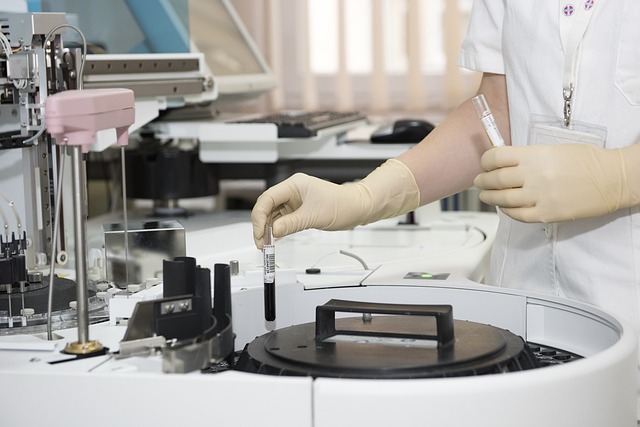The Role of a Expert in Central Medicine in Patient Care
As it pertains to diagnosing and handling complex disorders, internal Medicine (innere medizin) have reached the lead of modern healthcare. These highly experienced experts tackle delicate wellness issues by way of a data-driven, systematic method, supporting numerous people receive precise diagnoses and effective therapy plans.

A Data-Driven Way of Diagnosis Internal medicine specialists depend on thoughtful study to analyze complicated conditions. According to new medical study, approximately 15% of diagnoses in healthcare settings include uncommon or multifaceted diseases. With such conditions, signs usually overlap, making it hard to establish the main trigger without sophisticated expertise. Internists start their evaluation by researching the patient's step by step medical history. Reports suggest that an appropriate medical history offers up to 70% of the data required for a diagnosis. Including family history, life style factors, and previous medical documents, which could present important clues. Diagnostic checks are another key component of their toolkit. Knowledge from a 2023 examine found that 85% of internists utilize advanced imaging, laboratory tests, and genetic tests to eliminate potential conditions. As an example, a constellation of consistent indicators such as weakness, joint pain, and fever might prompt testing for autoimmune diseases like lupus or rheumatoid arthritis. Additionally, internists count heavily on sample recognition. Combining evidence-based formulas and clinical judgment, they assess symptoms to spot styles connected with specific illnesses. Machine learning and AI are significantly integrated into this technique, helping specialists increase diagnostic accuracy. Personalized Solutions for Complicated Diseases Once a examination is confirmed, the emphasis changes to designing a individualized treatment plan. Contemporary study highlights that 60% of patients with chronic disorders involve multi-disciplinary attention, a trademark of central medicine. Internists usually coordinate with specialists from areas like cardiology, endocrinology, and nephrology to handle situations such as for example center disappointment, diabetes, or kidney disease. Therapy does not end at bodily health alone; approaching psychological and mental well-being is equally critical. For instance, patients with cancer or serious pain may receive referrals for emotional support to raised cope using their conditions. Medications, lifestyle improvements, and long-term checking are main to the therapy process. A recent study unveiled that patients receiving tailored therapy from internal medicine specialists report a half an hour larger submission charge, owing to the accuracy and practicality of recommendations. Shaping the Future of Healthcare

Central medication specialists are revolutionizing healthcare by combining experience, technology, and a patient-centered approach. By distinguishing complex disorders early and streamlining remedies, they offer people the various tools to improve their standard of living while adapting to new scientific advancements. Their contributions have created detecting and treating intricate medical situations more efficient and available than ever.